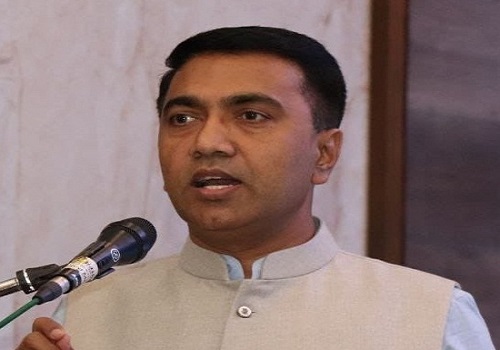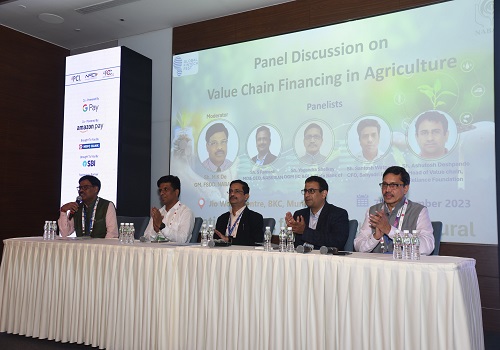PHDCCI welcomes proposed NRF; suggests greater allocation from Government

Follow us Now on Telegram ! Get daily 10 - 12 important updates on Business, Finance and Investment. Join our Telegram Channel
The proposed National Research Foundation (NRF) Bill 2023 will fulfil a long-standing requirement of greater investments in research in the country. It was the Narayana Murthy Committee Report on Corporate Sector Participation in Higher Education in April 2012 which had recommended a quantum increase in industry-backed research and a dedicated fund for the purpose.
The report had specifically asked for creation of a “fund to be called ‘The Indian Corporate R&D Fund’ to be set up with a corpus of Rs 5,000 crore on the lines of National Science Foundation in the US.” The report had suggested that the corpus be funded by the Central Government and corporates in India. Independent governing boards for this fund, tax exemptions etc were all part of the recommendations.
In a way, the NRF has fulfilled the vision that was outlined in 2012 by a group of 20 eminent industrialists, educationists and financial experts. The Rs 5,000 crore outlay which was recommended then has today grown to Rs 50,000 crore, over a period of five years, i.e., from 2023 to 2028. In terms of proposed allocation this is a fine figure.
Too little from Government
But the critical point to note is that only 28 per cent of this Rs 50,000 crore fund, i.e., only Rs 14,000 crore will be Government-backed. Rest Rs 36,000 crore is expected to be chipped in by industry through corporate social responsibility (CSR) allocations or research funds.
"The NRF agenda is now being driven by the office of the Principal Scientific Advisor to the Prime Minister and it envisages that a consortium of industry will take ownership of research requirements to meet specific technology goals which they themselves will identify and work on, through their own funds." said Mr Shreevats Jaipuria, Chair, Education Committee, PHDCCI.
This may sound like a perfect plan on paper but in reality, industry does not spell out its specific research requirements publically. It only gives broad indicators of research areas such as electric vehicles or artificial intelligence or robotics. But the exact research which is to take place in these areas is always a closely-guarded secret. After all, industry’s profitability and growth depends on the new products and services which it is able to create through new research.
So to expect the private sector to put in a huge amount of money for which it is answerable to its shareholders, in consortium mode in areas which do not lead to wealth creation for these shareholders, might be unrealistic.
Above views are of the author and not of the website kindly read disclaimer












 320-x-100_uti_gold.jpg" alt="Advertisement">
320-x-100_uti_gold.jpg" alt="Advertisement">












